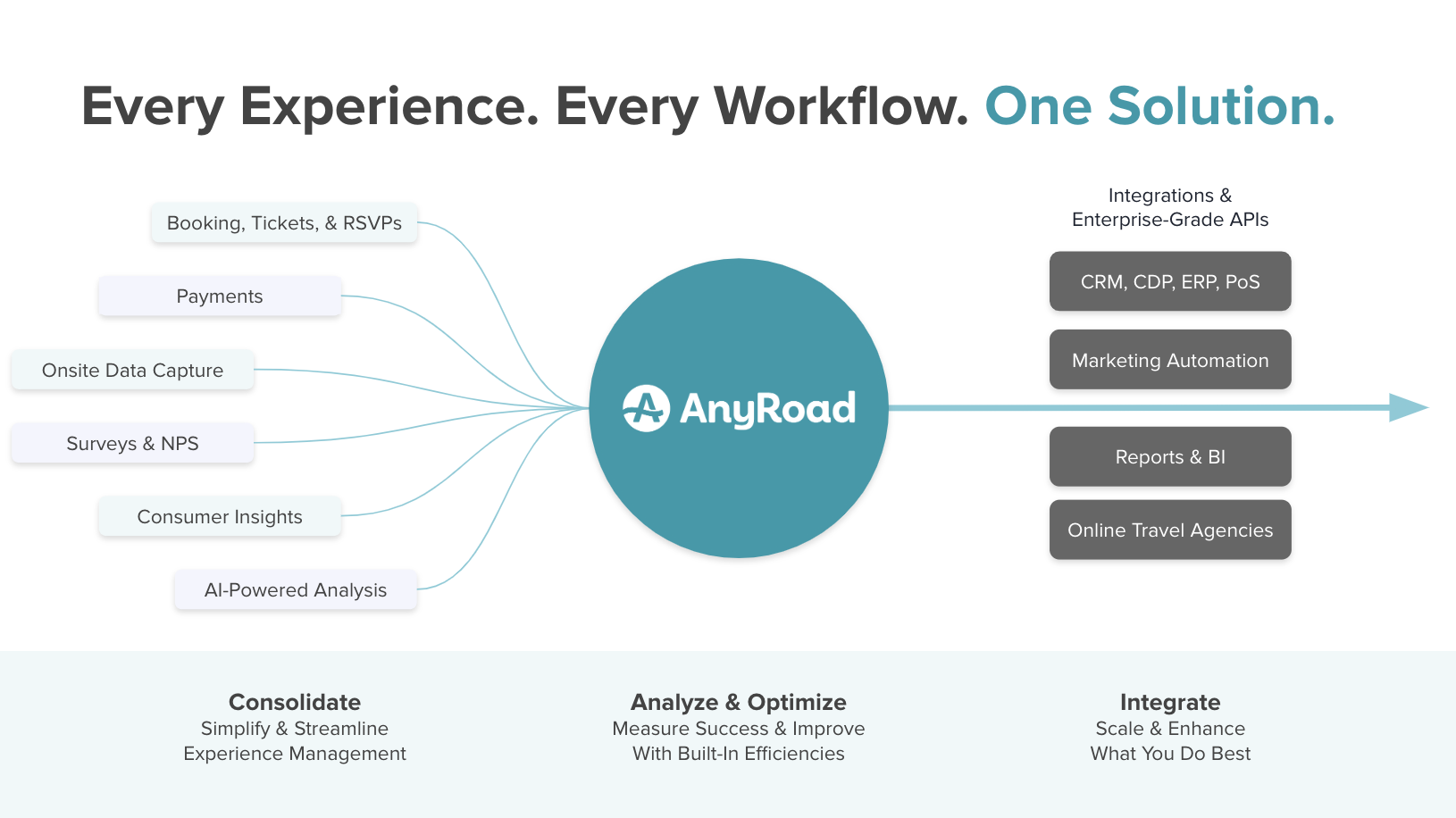What is Marketing Strategy
A marketing strategy is a business’s overall plan to increase brand awareness, revenue, and sales for a brand or company. It uses tactics such as social media posts, digital ads, physical media, key brand messaging, the company’s value proposition, and more to showcase products or services.
Marketing Strategy Types
Digital Marketing Strategy
Digital marketing is a term that describes any effort made to promote a product, service or idea through digital channels. From social media to email marketing campaigns, online advertising to content creation, digital marketing has become essential to any successful marketing strategy. It allows businesses to reach a wider audience, tailor their messages to specific demographics, and ultimately, drive sales.
Social Media Marketing
Social media marketing is a powerful tool that businesses use to reach their target audience in today's digital age. This marketing strategy uses social media platforms like Facebook, Instagram, Twitter, and LinkedIn to promote products or services. Whether your business is local or global, social media marketing can help you connect with your customers and build brand awareness in a cost-effective way. Your social media presence can attract new customers and drive sales by creating engaging content, sharing industry news, running targeted ads, and using hashtags.
Email Marketing
Email marketing allows businesses to communicate with their audience in a direct and personalized way. Simply put, email marketing is promoting products or services through email campaigns. It involves sending emails to a targeted audience who have subscribed or opted-in to receive promotional messages. Through email marketing, businesses can share news, updates, or information and engage with their audience in an immediate and measurable way. It's an effective way to drive traffic, increase sales, and build brand loyalty. With the ability to track and measure results, email marketing has become a staple in many marketing plans due to its high ROI and low cost.
Content Marketing
Content marketing is a marketing strategy involving creating valuable, relevant, and consistent content to attract a targeted audience. This can include anything from blog posts, videos, podcasts, infographics, and social media posts, just to name a few. The purpose of content marketing is not to sell but to build relationships and trust with potential customers, leading to increased brand awareness and conversion. By providing useful information or entertainment, businesses can position themselves as experts or thought leaders in their field, ultimately driving more engagement and sales.
Direct Marketing
Direct marketing is a marketing strategy that involves communicating with customers directly through various channels such as mail, email, phone, or even in person. Unlike other marketing strategies, it is a personalized approach focusing on building a one-to-one relationship between the company and the customer. It is an effective way to reach out to customers and provide them with valuable information, offers, and incentives to purchase.
Marketing Strategy Examples
Business to Business (B2B)
Business-to-business, or B2B marketing, promotes products or services from one business to another. Unlike business-to-consumer (B2C) marketing, where companies target individual customers, B2B marketing involves selling goods and services to other businesses or organizations. The overall goal of B2B marketing is to create a meaningful connection between businesses that leads to profitable sales relationships.
Scarcity Marketing
Scarcity marketing involves creating a sense of urgency or scarcity around a product or service to encourage people to buy it. This can come in the form of limited-time offers, countdown timers, low-stock alerts, and more. By suggesting that a product may be rare or in high demand, businesses can create a frenzy around their offerings and tap into FOMO (fear of missing out) to drive sales. However, it's important to strike a balance - pushing scarcity tactics too hard can come across as manipulative or even dishonest, ultimately harming your brand's reputation.
Word-of-Mouth Marketing
Word-of-mouth marketing relies on people sharing their positive experiences and opinions of a product or service with others. The key to word-of-mouth marketing is trust - people are likelier to buy a product or service based on the recommendation of someone they trust. In today's digital age, social media has made it easier for people to share their thoughts and experiences with others, making word-of-mouth marketing an even more valuable tool for businesses.
Marketing Strategy Frequently Asked Questions
How can marketing strategies be measured?
Marketing strategies can be measured through performance metrics like net promoter score, return on investment, customer acquisition cost, click-through rates, follower count growth, and more.
When should you create a marketing strategy?
You should create a marketing strategy as early as possible in the marketing process. Start planning before you execute to save time, money, and effort working towards an established goal.
Which marketing strategy is most effective?
Depending on your business, email marketing is the most effective strategy due to its low cost to implement and high return on investment.
What are the 7 marketing strategies?
The 7 marketing strategies are digital, social media, direct, email, content, influencer, and advertising.



%204.50.48%E2%80%AFp.m..png)
%2012.57.51%E2%80%AFa.m..png)